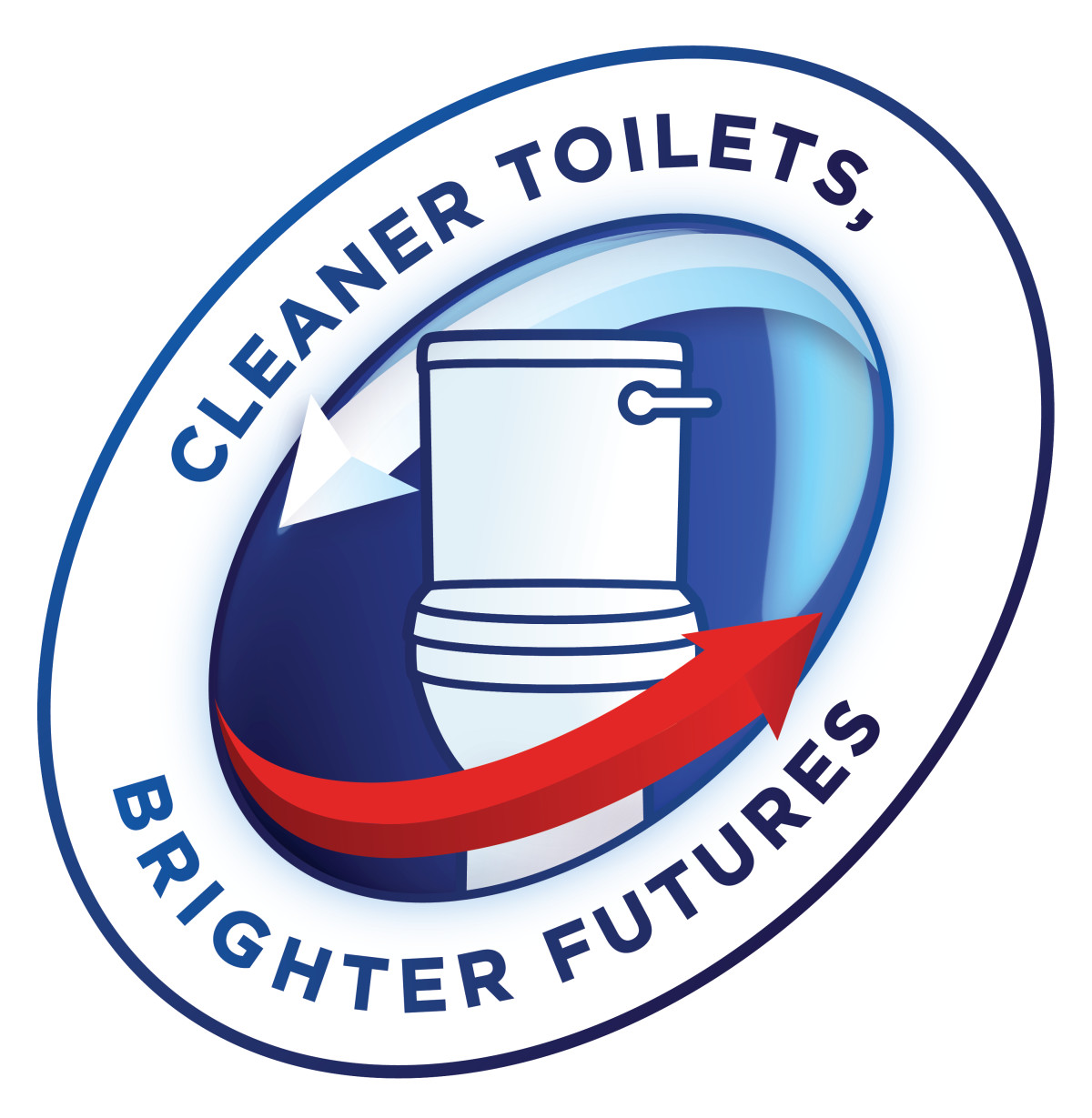
We’ve all been in the awful situation where you desperately need to get to a toilet but can’t access one. It’s uncomfortable, it’s stressful and it’s hard to focus on anything else. Imagine trying to learn when you feel like this?
Millions of school children around the world experience this every school day, because one in three schools around the world still don’t have a usable toilet[1]. That’s 620 million children without access to that most basic of needs[2].
From teachers’ perspective, a dirty, unusable toilet disrupts learning.
Clean and safe school toilets mean children don’t have to make the choice between staying in class - distracted and in discomfort or skipping class and school altogether. Nearly 8/10 school teachers and school nurses recognised the link between the avoidance of poor toilets and poor student health[3].
Clean and safe school toilets mean children aren’t missing out on learning; their self-worth is boosted because they feel valued and respected; and vital grassroots change is sparked.
At Domestos we want every school child to take a clean, safe toilet for granted.
That’s why we launched our dedicated schools programme in 2017 – Cleaner Toilets Brighter Futures.
The global programme empowers janitors, teachers, and the entire school to manage their toilet facilities in a more productive and more sustainable way. We work with local governments, NGOs and organisations, like GIZ, to help make school toilets clean and safe, alongside teaching children the importance of toilet hygiene. The programme inspires collaboration between janitors, teachers and children so that once their school toilets are clean and useable, they can be kept that way for the long-term.
It’s working. In schools where Cleaner Toilets, Brighter Futures has been implemented, children visit the toilets 25% more.
“Now the toilets are clean, I like going to school”. This is what we heard from a student at Ebuhleni Primary School, South Africa, benefiting from cleaner, safer toilets. It captures the real impact of our school programme, and it’s what we want to hear from students the world over.

